On November 23rd, in Geneva, Switzerland, the P5+1 group (the United Nations Security Council + Germany)and Iran agreed to a preliminary agreement regarding Iran’s nuclear program.
If you have no clue what that means, why it matters, or occasionally mix up Iran and Iraq, you’ve come to the right place. Below are nine answers to the questions you are too afraid to ask for fear of sounding uninformed.
1. Where and what is Iran?
Iran is a country in the Middle East, with the Gulf of Oman and the Persian Gulf on its southern border. The 2nd largest nation in the Middle East behind Saudi Arabia, Iran also boasts a population of over 77 million. Iran is diverse, both ethnically and linguistically, with Shia Islam as the official religion, and Farsi as the official language. Iran’s government is a combination of a parliamentary democracy and theocracy, with the highest state leader being the “Supreme Leader.” The current Supreme Leader is Ali Khamenei, who took office in 1989.
2. Where did Iran’s nuclear program come from?
The United States launched Iran’s nuclear program in 1957 for the peaceful use of harnessing atomic energy, back when Iran was ruled under the America-friendly Shah. After the Shah was overthrown in the Islamic revolution of 1979, however, most international support for Iran’s nuclear program was pulled, and Iran has continued developing its program independently.
3. Why Iran?
Because Iran signed the Treaty on the Non-Proliferation of Nuclear Weapons (designed to end the spread of atomic weapons), and continues unsupervised development of its nuclear program, Iran has been under the spotlight. The discovery of highly enriched Uranium by International Atomic Energy Agency inspectors has raised concern over the peacefulness of their program because only 5% enriched Uranium is necessary for energy plants, while anything above is a few short steps from being weaponized. Additionally, IAEA officials have repeatedly voiced concern over the possible military dimensions of Iran’s program, evidenced by Iran’s non-compliance with inspectors; for example, its refusal to implement the Additional Protocol in 2006, which would allow IAEA officials greater ability to inspect Iran’s nuclear program.
4. That’s enough history, what was the recent agreement that was reached?
On November 23rd, six world powers (United States, Britain, France, Russia, China, and Germany) plus Iran reached a six-month interim (meanwhile) agreement regarding Iran’s nuclear program. In return for slowing its nuclear program, Iran will have some of its international sanctions (essentially trade embargoes) lifted.
5. How will Iran slow its nuclear program?
Iran has agreed to not enrich Uranium past 5% during the 6 month period, to dilute its stockpiles of 20% enriched Uranium (20% is a few short steps from weapons grade), and to not create new centers for enrichment or continue work on the Arak heavy water reactor, which is capable of producing plutonium (also used in nuclear weaponry). Iran has also agreed to enhanced monitoring by the IAEA, such as daily access for inspectors and the release of specified information about Iran’s nuclear program. It’s important to remember, however, that Iran is not required to dismantle its existing 12,000 centrifuges (enrichment centers) or the Arak reactor, and that the existing stockpile of 20% enriched Uranium will be diluted in Iran, rather than shipped somewhere else and diluted.
6. What’s in it for Iran?
Iran has suffered economically under international sanctions – oil revenues have plummeted (from 2.5 million to 1 million barrels a day), inflation is at 40%, and unemployment remains around 15%. In return for reducing its nuclear program, the United States and European Union agreed to suspend U.S. sanctions on Iran’s petrochemical exports (chemicals derived from petroleum), gold, other precious metals, and auto industry. Additionally, the U.S, EU, and United Nations Security Council (comprised of the US, France, China, Russia, and France) agreed to not impose further nuclear-related sanctions on Iran. Iran is estimated to gain $6 billion during the six month period due to lifted sanctions, but will still lose $30 billion to the other, unaffected sanctions.
7. What happens if Iran does not comply?
If evidence is found that Iran is secretly continuing development of its nuclear program, President Obama promised to immediately restore the lifted sanctions and impose harsher new ones.
8. What’s the big deal?
The agreement has been called historic because it ends a 34-year diplomatic deadlock between the United States and Iran, and marks the first time in a decade that Iran has agreed to slow its nuclear program. On the other hand, it’s only a preliminary deal designed to give negotiators six months to come up with a more comprehensive, permanent solution, and has been criticized as a weak measure which only postpones the serious issue of a nuclear Iran.
9. Who could possibly be unhappy?
Israel (a hostile enemy of Iran since the 1990’s) is unhappy that the United States made an interim deal with Iran despite their warnings to tread lightly when dealing with Iran. Prime Minister of Israel, Benjamin Netanyahu, called the deal a “historic mistake” and claimed that Israel was not bound by the decision. Additionally, Saudi Arabia, a Sunni Islamic country, fears Iran’s growing power in the Middle East. A Saudi official stated that “The Saudi government has been very concerned about these negotiations with Iran and unhappy at the prospect of a deal with Iran.”
Only time will tell how successful this initial deal will be. Although a positive step forward in United States diplomacy, the long term effects, such as strained relations with Israel and the possibility that Iran will continue to develop weapons in secrecy, have yet to be addressed.
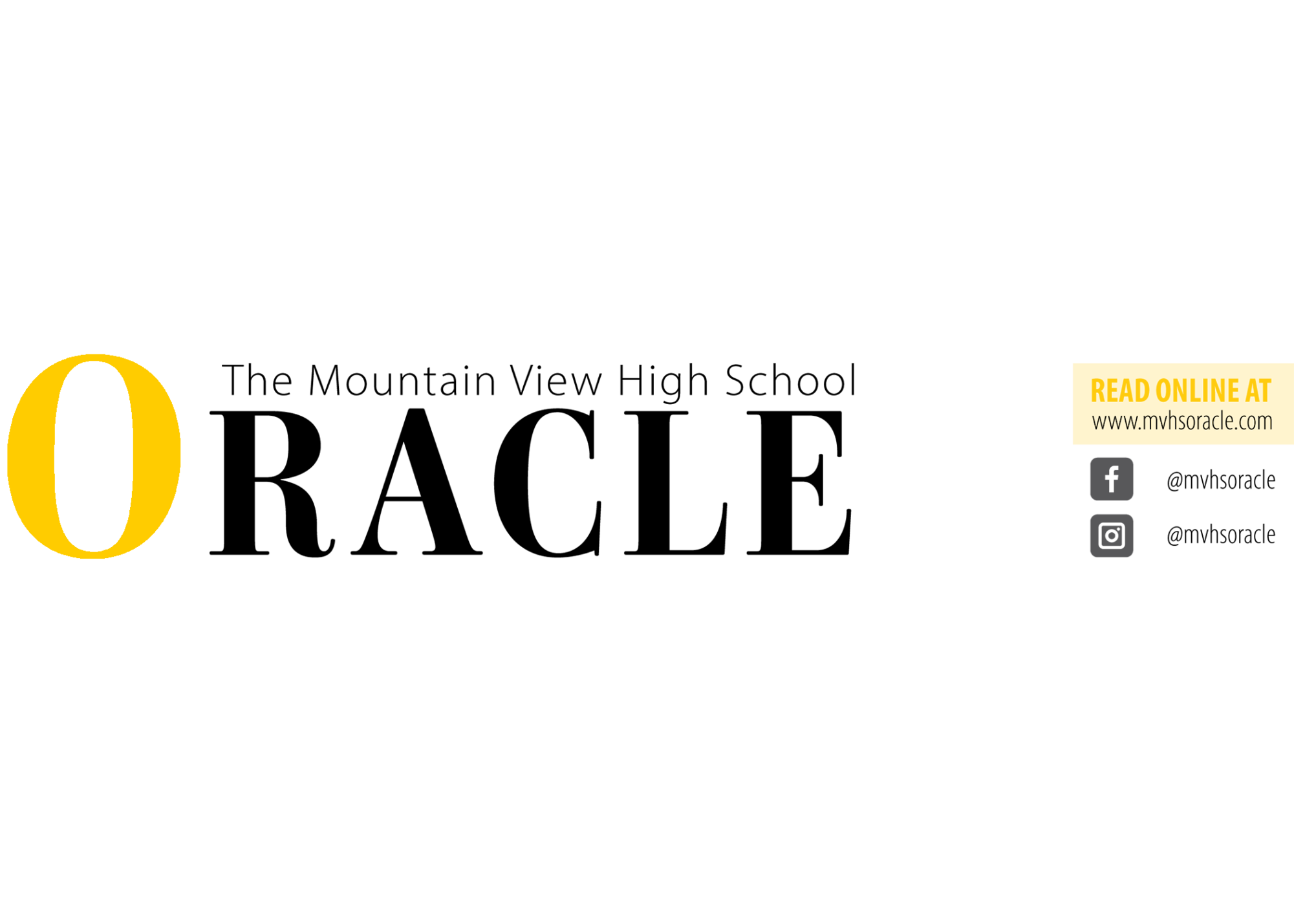




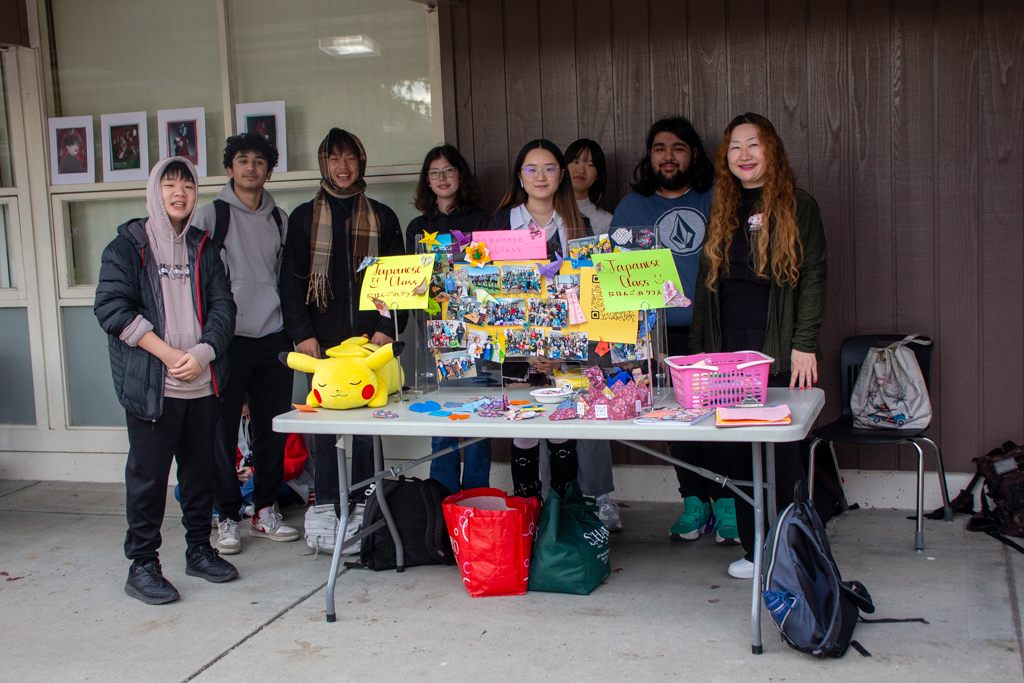





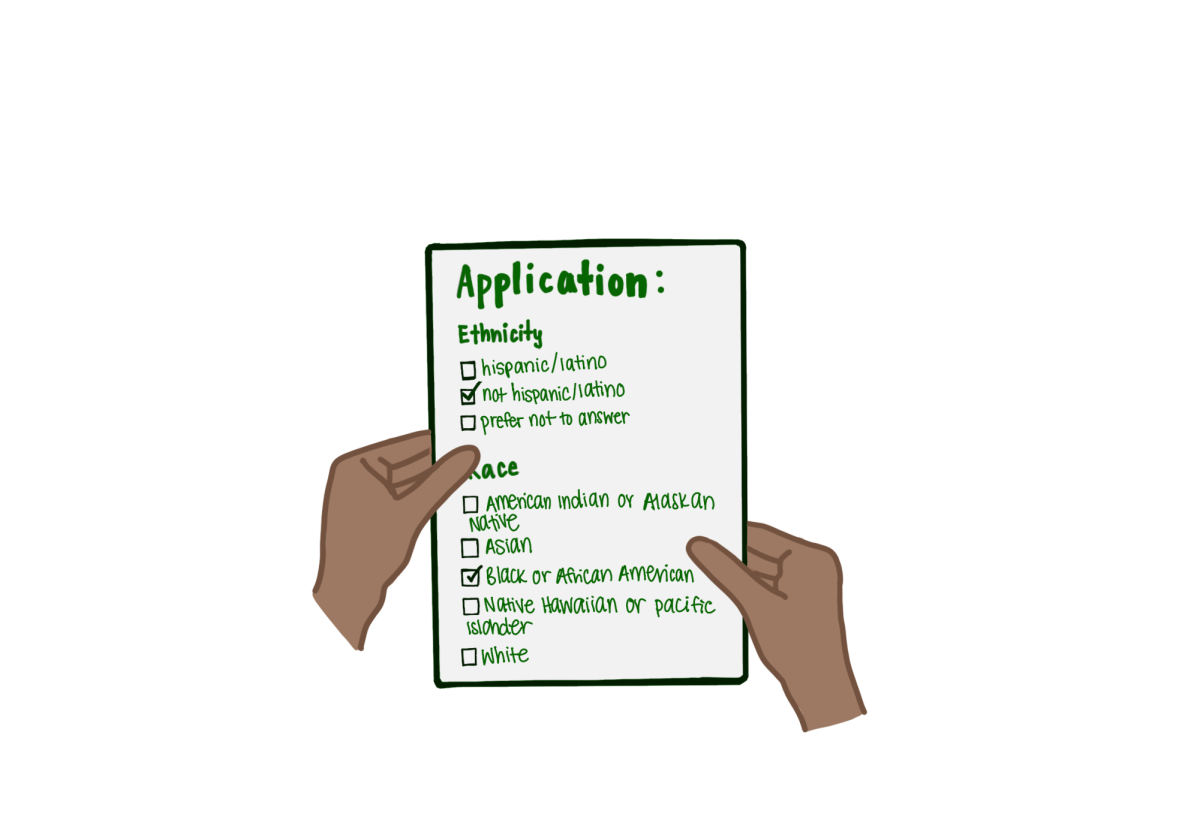




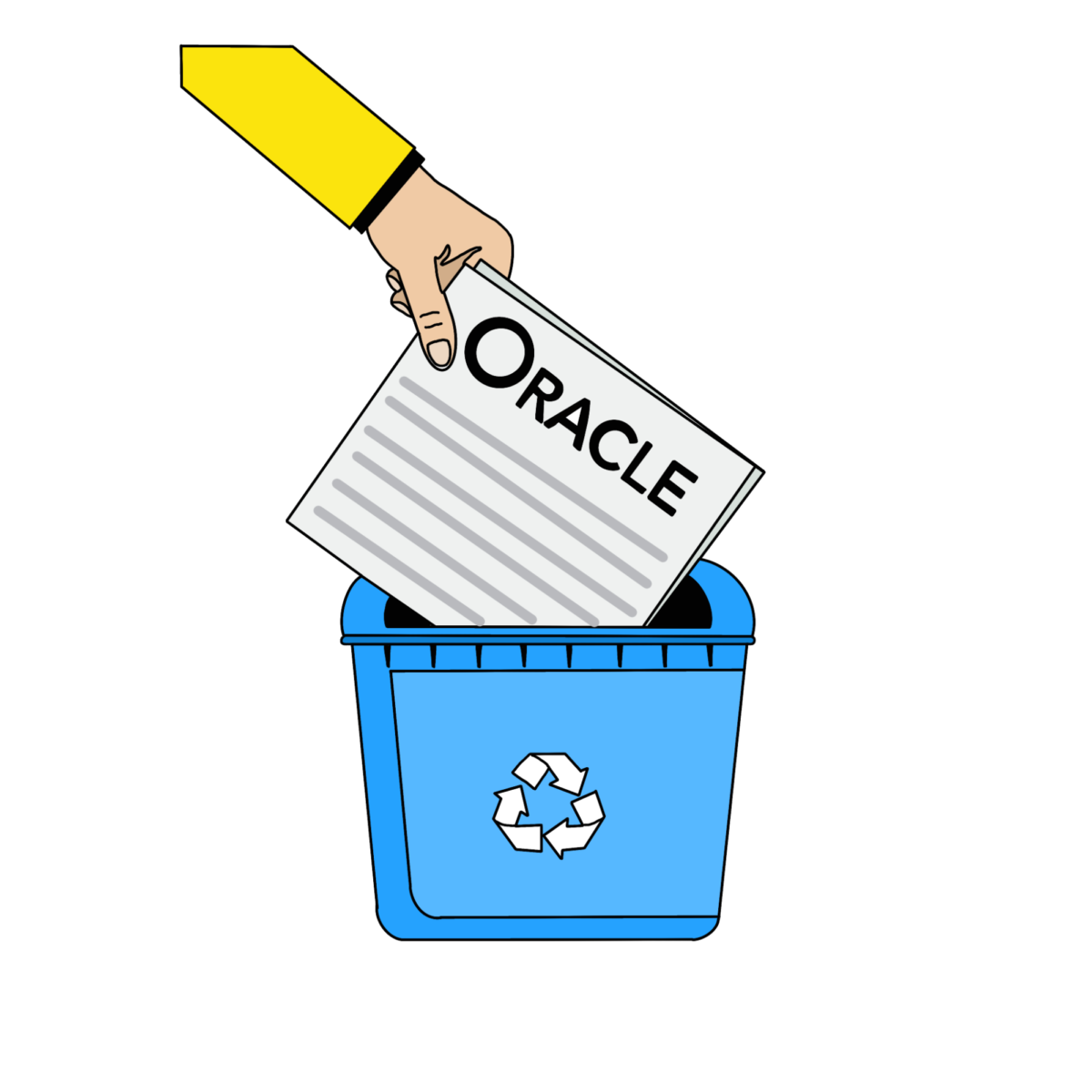

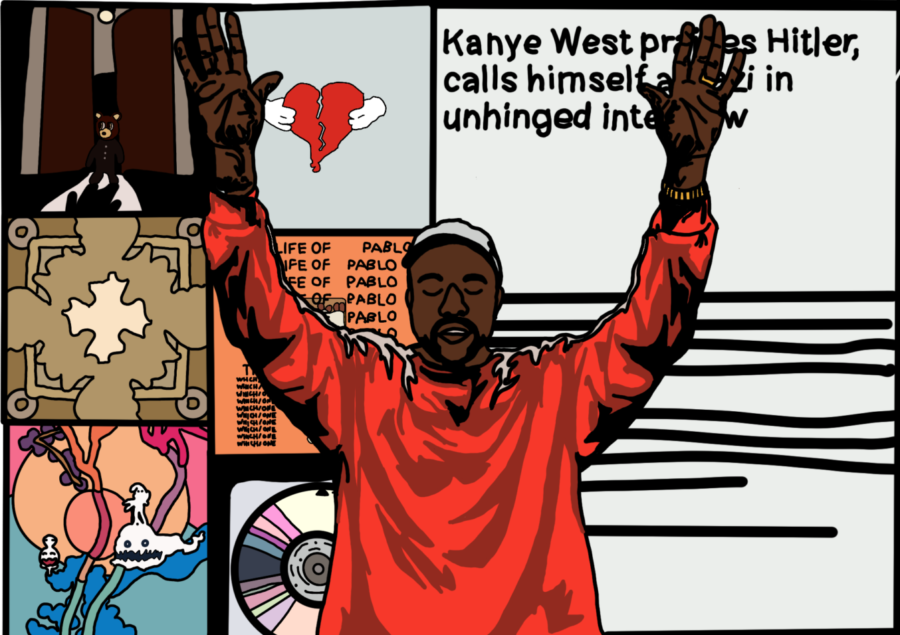



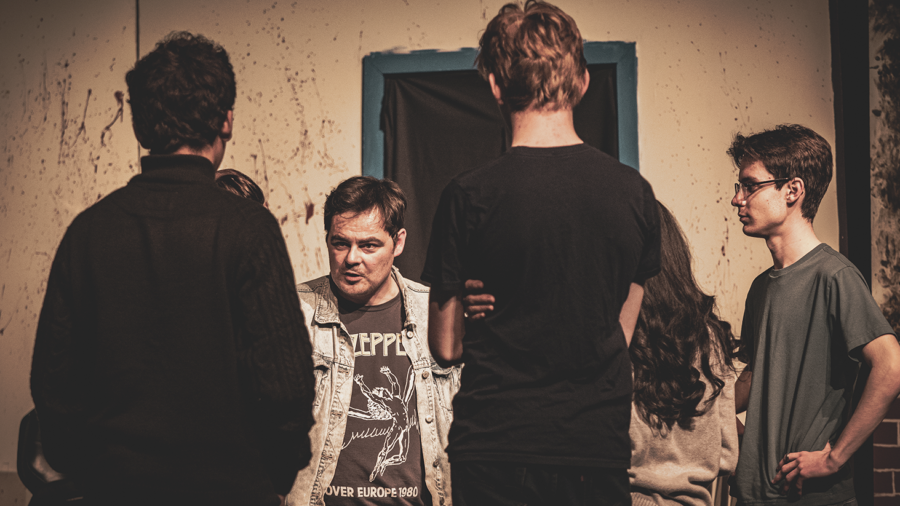
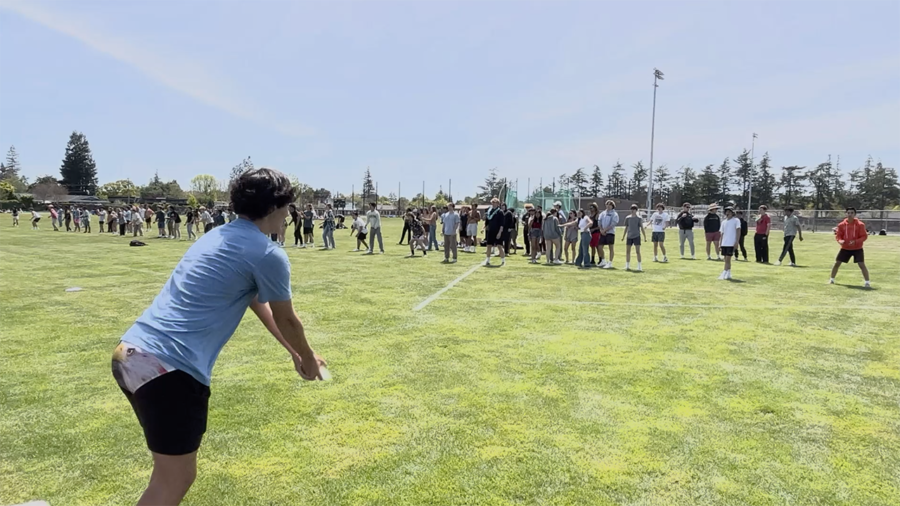










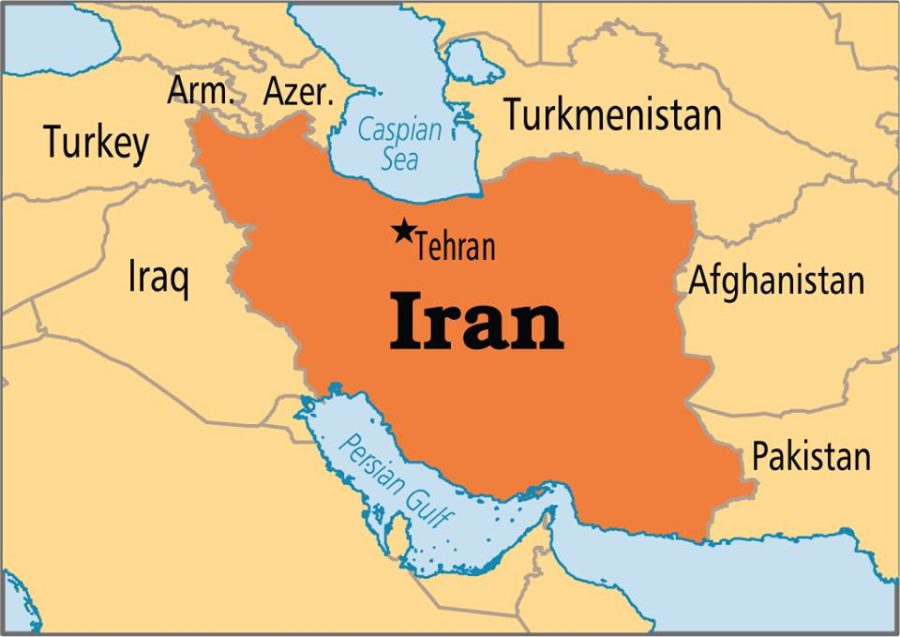
Napoleon At Austerlitz • Apr 1, 2014 at 12:01 am
With a bellicose state like Israel constantly threatening war Iran deserves to have nuclear weapons and the capabilities to use them.
Change Iran Now • Dec 2, 2013 at 4:13 pm
Only three things you need to know:
1. The U.S. has limited intelligence/knowledge of what Iranian capabilities are.
We just do not know the extent or capabilities of their programs.
2. The Iranians are no different than the North Koreans; they have
cheated on agreements in the past and it should be expected that they will
cheat in the future.
3. Given 1 and 2, any agreement that doesn’t begin with rigorous on-site,
unannounced inspections is likely to fail